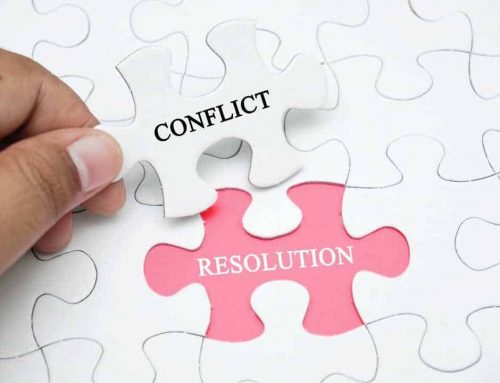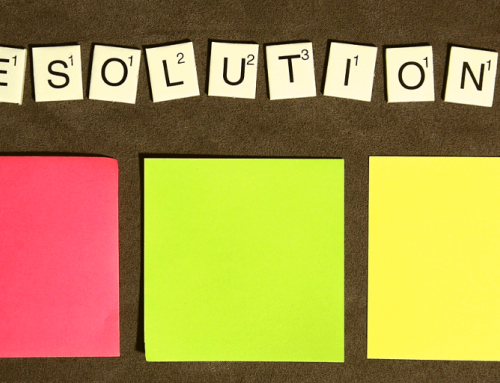Everyone at some point in their life will experience a dispute, whether that’s at home or in the workplace. It’s inevitable. But that doesn’t mean it is the same for everyone or that it is easy to resolve. In some cases, it is a lot harder to manage and resolve the issues that have arisen.
There are various types of alternative dispute resolution methods that can help to settle any conflict. To help you figure out the best way to resolve a dispute, here’s our top three…
How To Resolve A Dispute…
There are currently three main conflict resolution strategies and techniques that you can use to resolve disputes. These include:
- Mediation
- Arbitration
- Litigation
You need to make sure you understand exactly what they mean and how they work as some of the methods are a lot more formal and maybe more necessary for conflict resolution in the workplace.
Mediation…
This is one of the most informal methods of dispute resolution, simply because it involves a neutral third party. The goal is for both parties to resolve their disputes amicably, allowing them to discuss any problems with the guidance of a neutral mediator.
The point of the mediator is not to take sides or force an agreement to be made, they are there to support and help effectively create a compromise. As a professional, they will help to explore the underlying problems and allow you to openly converse about how you can resolve them.
Arbitration…
In case a resolution cannot be made through mediation, the next step would be to use arbitration. This again uses a neutral third party but in this case, they have to resolve the dispute and act as if they were a judge. They listen to either side of the case and the two parties present their evidence, and the judge will then make their decision. Once a decision has been made, it, therefore, cannot be appealed and all details remain confidential.
Litigation…
Litigation is the final method to help resolve a dispute, and acts as an alternative method of dispute resolution. It is the most formal method and often seen as the last resort in settling any problems.
A judge or jury will make the decision after hearing all relevant evidence and unlike arbitration, it stays on the public record. Because of this, a solicitor will need to be involved and help guide the relevant party through the process and make sure the agreement is equal.
3 Top Tips…
If you do find yourself in a situation where you need to continue with methods like mediation, arbitration and litigation then there’s three things to remember:
- Always remain calm and collected, as much as you can.
- Tackle the problem and not the person.
- State how you feel, along with any evidence you think is relevant.
There are various advantages and disadvantages of alternative dispute resolution, and each of these methods is different. If you are able to discuss your problems amicably, then mediation would be best. However, if you are struggling to resolve your dispute, you can continue to progress your case following the appropriate legal route. At this point, it may be best to find a specialist, dispute resolution lawyer. We can advise you on all the process steps in dispute resolution and help you to get justice for your case. Get in touch today…




